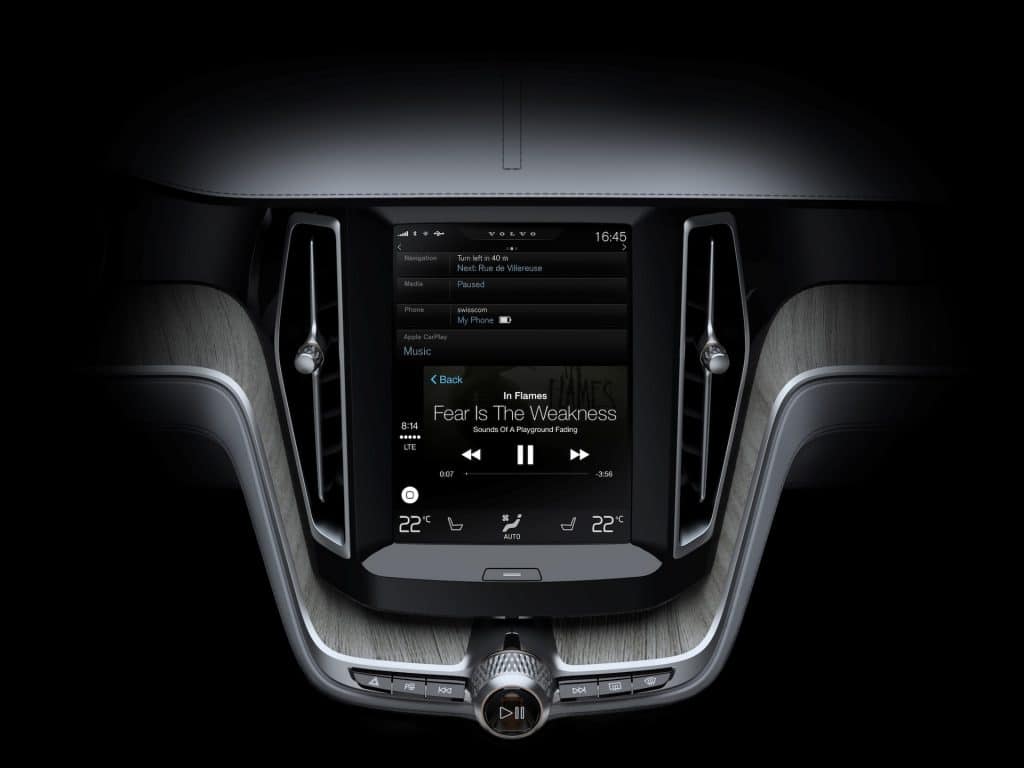Volvo has taken a distinctive stance in the automotive industry by emphasizing the enhancement of the overall driving experience, as opposed to focusing on revenue generation through its infotainment systems.
This approach was outlined by Volvo CEO Jim Rowan in The Verge‘s Decoder podcast, where he discussed the company’s strategy in contrast to trends seen from other manufacturers like GM and Tesla, which are pushing for a more integrated infotainment experience.
Rowan highlighted the significance of providing customers with a seamless and enjoyable interface, which includes access to Apple CarPlay and Android Auto. He believes that vehicles should offer an interface that is compatible with the operating systems people frequently use on their smartphones. This strategy is part of Volvo’s broader vision to offer more control and optionality to customers through Volvo OS, a vehicle-wide operating system.
The CEO elaborated on the potential of Volvo OS for enhancing customer experience. For instance, the system could facilitate services such as sharing digital car keys or offering insurance services based on safe driving, leveraging the numerous cameras and sensors in new Volvo models. One innovative service mentioned by Rowan involves a tire-changing service in Sweden, whereby the vehicle itself can prompt the owner about the upcoming tire change season and offer a convenient solution.
Rowan’s perspective is a clear departure from the trend among other vehicle manufacturers, which are increasingly looking to monetize the central console of their vehicles. He pointed out that Volvo’s focus remains on building high-quality, safe cars with excellent connectivity, rather than converting vehicles into platforms for advertisements or other monetization strategies.
Volvo’s approach, as detailed in the interview, is not only about resisting the push towards infotainment monetization, but also about adding real value and convenience to the driving experience.
This perspective could potentially influence the broader car market, steering it towards more customer-centric innovations.
